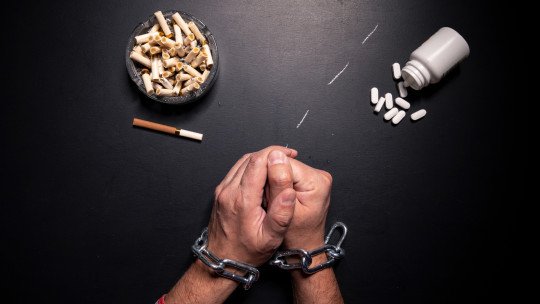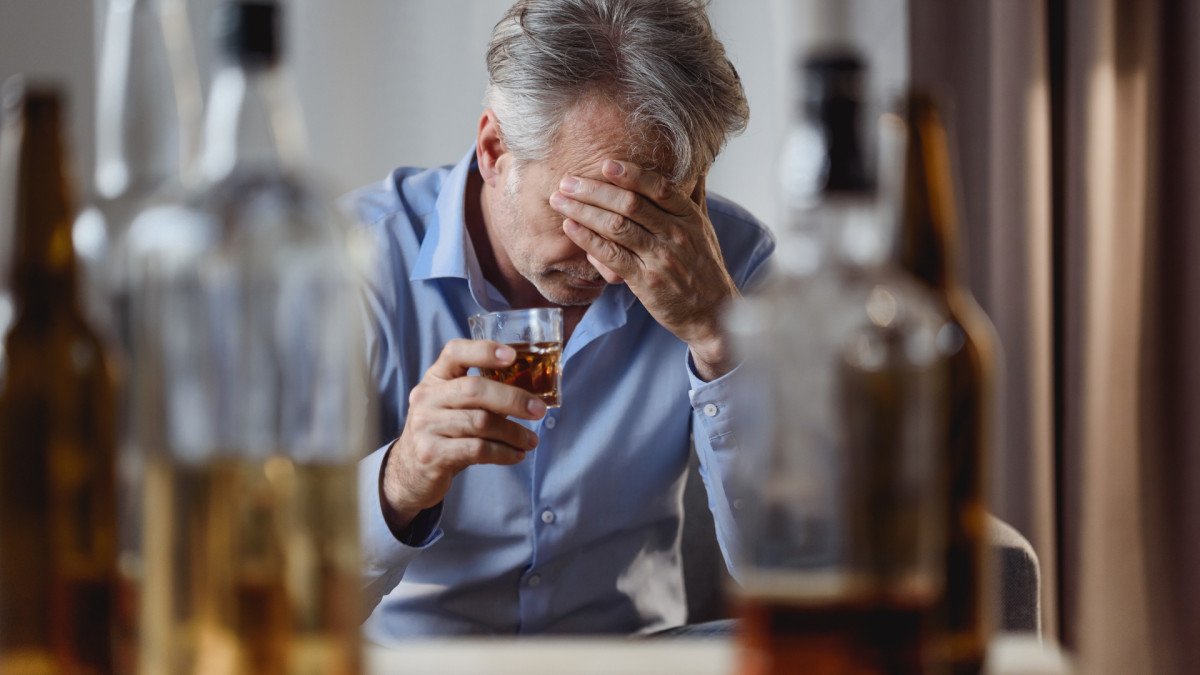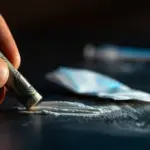
Substance addictions are a major public health problem, affecting more than 400 million people worldwide. Recognizing whether you are dependent on a particular substance can be the crucial first step toward recovery.
How to recognize an addiction to a substance?
In this article, we present 10 tips that will help you identify if you have a problem with substance use:
1. Personal honesty
The fundamental starting point lies in honesty with yourself. Analyze your consumption habits, asking yourself if the frequency exceeds your initial plans, if you hide your consumption from others or if you feel that you cannot control it.
2. Impact on your life
Observe how substance use is impacting your life in general. Does it affect your work performance, your interpersonal relationships, your physical or mental health? Have you neglected your responsibilities or abandoned activities you previously enjoyed?
3. Withdrawal symptoms
Pay attention to whether you experience unpleasant physical or psychological symptoms when you don’t use the substance. These may include anxiety, irritability, insomnia, nausea or tremors.
4. Intense desire
Do you feel a strong desire or compulsion to use the substance, even if you know it causes you harm? Do you find it difficult to control your spending impulses?
5. Increased tolerance
Do you need to consume more and more of the substance to achieve the same effect? This phenomenon is known as tolerance and is a sign of dependence.
6. Relationship problems
Is your substance use causing problems in your relationships with family, friends or co-workers? Have you argued or fought with them about your consumption?
7. Deny or minimize the problem
Do you deny or minimize your substance use, even when people around you express concern? Do you get angry or frustrated when someone talks to you about your consumption?
8. Feeling out of control
Do you feel like you have lost control over your substance use? Do you find that you can’t stop using, even if you want to?
9. Concern for others
Have the people who love you and surround you expressed concern about your substance use? Have they told you that they think you have a problem?
10. Negative consequences
Have you experienced negative consequences such as accidents, injuries, legal problems, or financial difficulties due to your substance use?

How to overcome an addiction?
If you answered yes to several of these questions, you may have a substance dependency. It is essential that you seek professional help from an addiction specialist and that he be the specialist who determines if you have a dependency or not and if you need to start a recovery process.
Overcoming a substance addiction is a complex process, but there are effective treatments that can help you regain control of your life. Here I present some of the main approaches:
1. Detox
Detoxification is the first step in treatment and aims to eliminate the addictive substance from the patient’s body. It can be done on an outpatient basis or in a residential facility, depending on the severity of the addiction and the patient’s health status. Detoxification can be difficult and painful due to withdrawal symptoms, so it is important that the patient be under medical supervision.
2. Therapy
Therapy is essential for long-term recovery. Could be:
3. Support groups
Groups like Alcoholics Anonymous or Narcotics Anonymous provide a safe and confidential space to share experiences, receive emotional support, and learn from others who have achieved recovery.
4. Pharmacological treatment
In some cases, medications can complement therapy and other approaches. They can help:
Remember this
Addiction treatment is a long-term process and requires commitment and effort on the part of the patient. There is no one-size-fits-all approach to success, and some people may need more than one course of treatment to achieve a full recovery.
Relapse is a common part of the recovery process, and it is important that the patient has access to support and resources to get back on track if this happens. Seeking professional help is essential to overcoming addiction.
I am Ana Amell, a psychologist specializing in addictions with several years of experience. I have helped several people overcome their addiction problems, and I am sure I can help you too. Take the step, contact me today and together we will begin the path to recovery.









